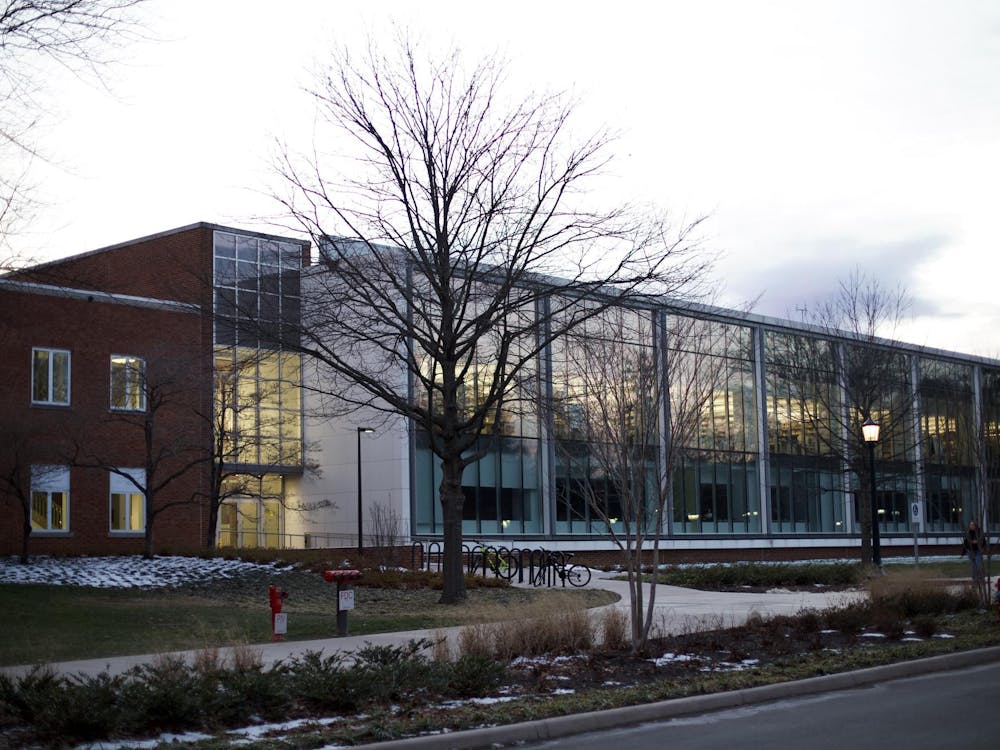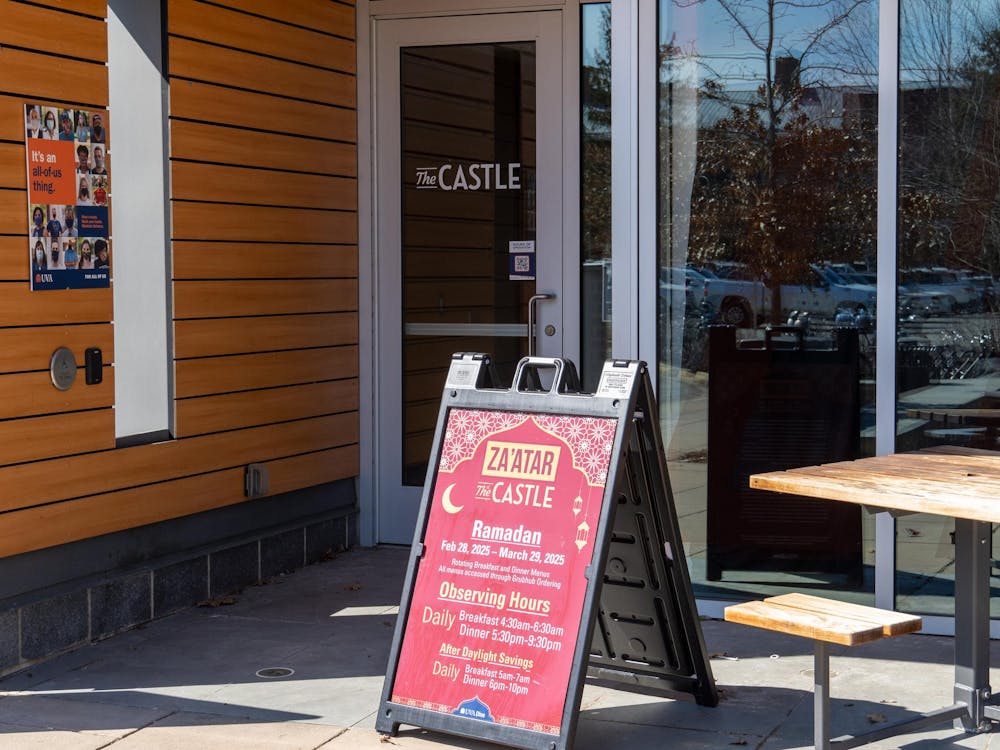Many proponents of the recent offensive in Gaza have perpetuated the view that Israel’s disproportionate response, incurring the deaths of more than 1,300 Palestinians, was justified, that it was because of Hamas that Israel was forced to kill innocent Palestinians.
Those who perpetuate this misguided view are blind to the fact that collective punishment is illegal under international law, and that nothing justifies killing innocent civilians. Moreover, they neglect to remember time and time again that the Palestinians in Gaza, along with residents of the West Bank and East Jerusalem, have been living under one of the most brutal occupations in modern history, since before Hamas even existed. If those who hold these misguided views would take the time to look at the Israel-Palestine conflict with a memory that spans farther than the past three weeks, they would realize that this recent conflict in Gaza is not some abstract war between good and evil, but a continuation of the 42 years of victimization of the Palestinian people.
It is with these two conflicting outlooks that Students for Peace and Justice in Palestine and Hoos for Israel conducted their demonstrations last week. While some HFI members claimed that they did not express their support for Israel’s offensive publicly, they handed out pamphlets that did express a political view. The pamphlets detailed the number of rockets sent by Hamas into Israel as well as the amount of trucks allowed by Israel into Gaza before the operation. These facts were taken from the American Israel Public Affairs Committee (AIPAC) Web site, the most powerful pro-Israeli lobbying group in the United States. If that is not politicization, I do not know what is.
In the SPJP memorial, tombstones were lined up to represent Israeli and Palestinian deaths. One was for the Israeli victims and 100 were for the Palestinians, because each tombstone represented 13 deaths. During the operation, 13 Israelis were killed along with 1,300 Palestinians. SPJP also formally requested HFI to join them in the memorial, but HFI respectfully declined.
SPJP put up signs on the South Lawn that read “The world stands up for Gaza.” This exact phrase was the rallying cry of the international community during the entire Israeli offensive, as three quarters of the world condemned Israel’s disproportionate response. It was uttered by millions of European, Asian, African and Middle Eastern citizens, including 10,000 Israelis, who were disgusted with the actions of the Israeli Defense Forces. The collective outcry of so many around the globe demonstrates their solidarity with the innocent victims of Israel’s shelling and bombing.
The layout of these two distinct demonstrations conveyed the messages of both groups; while both groups desire peace, SPJP had a more elevated goal in mind — to honor the dead, to point out the injustice of the Israeli offensive, and to remind the world that we have more work to do to ensure that human rights and justice prevail for all, including the Palestinians.
The only way to move forward is to rectify the errors of the past. Those who said that the SPJP events were not looking forward are the ones who have the solution backwards. They echo the viewpoint of the Israeli government, and many U.S. media outlets, who want the Palestinians to stop touting their pain and forget the past. They want us to forget the fact that Gaza, according to many aid agencies, now looks like it has been struck by an earthquake. They want us to forget the deaths of over 1,300 Palestinians; of the thousands injured without medical aid; of the homes, schools, and mosques that were demolished. They want us to forget that entire neighborhoods have been destroyed, and villages removed from the face of the Earth. But we can not, we will not, and we should not forget.
Our memory of the past two Israeli episodes of collective punishment inflicted on the Palestinians, the first in 2006, and the one most recently, are still fresh in our minds. And it is exactly these memories of the innocent victims of the Israeli massacres, the memories of the destruction in the Gaza Strip, which are indeed pushing us forward. They are pushing us forward in the fight for justice for all. Because peace and reconciliation have proven themselves to be meaningless words without the prevalence of justice.
Manal Tellawi is the president of the Middle Eastern Leadership Council, a constituent CIO of the Minority Rights Coalition.





